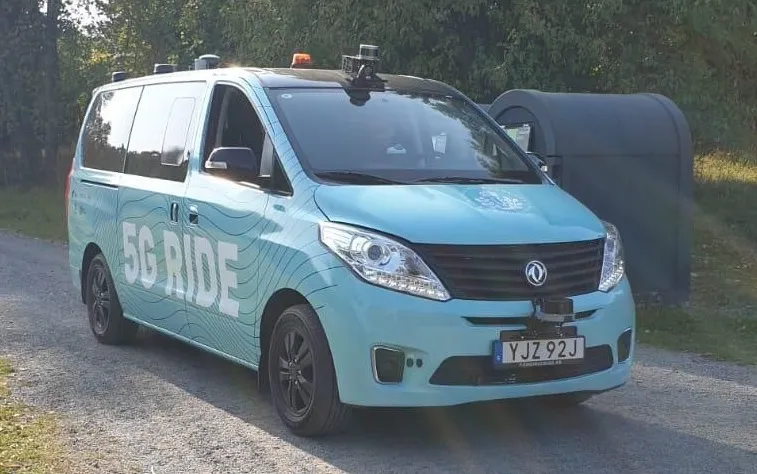Berliner Verkehrsbetriebe (BVG) and ViaVan, a joint venture between Mercedes-Benz Vans and Via have launched a two-year project to create an on-demand ridesharing service in Berlin with routes that can be adapted by its passengers, in Spring 2018. The pilot aims to reduce congestion through deploying 50 Mercedes-Benz vehicles with plans to expand the fleet to 300. Public acceptance of the scheme will also be assessed. Each journey starts and ends at a virtual stop which is shared with other passengers.
January 3, 2018
Read time: 2 mins
Berliner Verkehrsbetriebe (7580 BVG) and ViaVan, a joint venture between Mercedes-Benz Vans and Via have launched a two-year project to create an on-demand ridesharing service in Berlin with routes that can be adapted by its passengers, in Spring 2018. The pilot aims to reduce congestion through deploying 50 Mercedes-Benz vehicles with plans to expand the fleet to 300. Public acceptance of the scheme will also be assessed.
Each journey starts and ends at a virtual stop which is shared with other passengers. Algorithms created by Via’s software experts will allow the system to provide real-time calculations on which journeys can be packaged together to create the least amount of diversions.
The project’s digital tariff is made up of a basic rate and a distance-based supplement to place the price somewhere between a standard rate for local transport and a taxi fare. Users can book a journey via the app to ensure rates are known before making the trip with discounts available for group bookings.
The fleet will include the Vito and V-Class vans (Euro 6) with up to eight seats and the all-electric Mercedes B-Class B250e cars with four seats. From the Summer, the service will also feature the all-electric eVito Tourer. In addition, users can also request a vehicle with disabled access.
Regine Guenther, senator for the Environment, Transport and Climate Protection in Berlin, said: "Berlin is breaking new ground with the planned pilot project. I welcome the fact that the BVG offers an additional opportunity to be more comfortable and environmentally friendly. The target group are car drivers and public transport users similarly: car drivers can transfer to the on-call bus for individual journeys. Public transport users can use the ‘minibus on order’ to test new options for getting to their destination more comfortably. The project will show how the citizens of Berlin accept and use this offer. With the trial operation we gain important experience, if and how ridesharing can complement the public transport. "
Each journey starts and ends at a virtual stop which is shared with other passengers. Algorithms created by Via’s software experts will allow the system to provide real-time calculations on which journeys can be packaged together to create the least amount of diversions.
The project’s digital tariff is made up of a basic rate and a distance-based supplement to place the price somewhere between a standard rate for local transport and a taxi fare. Users can book a journey via the app to ensure rates are known before making the trip with discounts available for group bookings.
The fleet will include the Vito and V-Class vans (Euro 6) with up to eight seats and the all-electric Mercedes B-Class B250e cars with four seats. From the Summer, the service will also feature the all-electric eVito Tourer. In addition, users can also request a vehicle with disabled access.
Regine Guenther, senator for the Environment, Transport and Climate Protection in Berlin, said: "Berlin is breaking new ground with the planned pilot project. I welcome the fact that the BVG offers an additional opportunity to be more comfortable and environmentally friendly. The target group are car drivers and public transport users similarly: car drivers can transfer to the on-call bus for individual journeys. Public transport users can use the ‘minibus on order’ to test new options for getting to their destination more comfortably. The project will show how the citizens of Berlin accept and use this offer. With the trial operation we gain important experience, if and how ridesharing can complement the public transport. "







